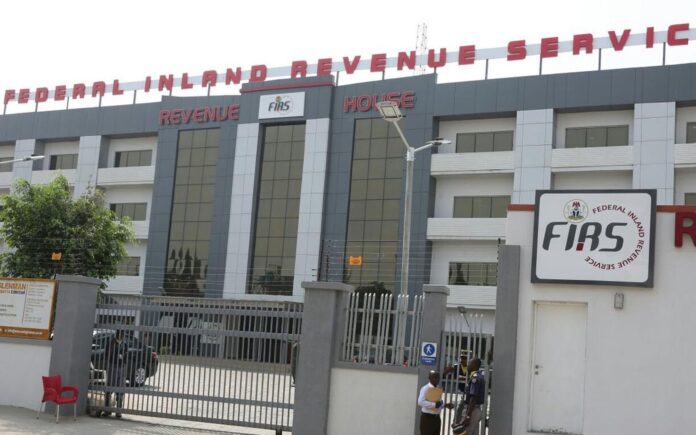Nigeria has announced plans to charge Value Added Tax (VAT) on lottery and gaming activities.
The plan was announced at a stakeholders’ engagement session with lottery and gaming operators in Lagos on Monday night.
The session was organised by the Federal Inland Revenue Service (FIRS) in conjunction with the National Regulatory Commission (NLRC).
The plan will see users of the services provided by the industry paying five per cent VAT on each transaction made.
Speaking at the session, the NLRC Director General, Mr. Lanre Gbajabiamila, stated that lottery and gaming operators collect VAT from users of the industry’s services without remitting such to the government, a situation that results in revenue losses.
The session also noted that betting slips issued to consumers do not indicate VAT as they should.
A presentation made at the session by Zurich Technologies, provider of the automated software solution for VAT collection, showed that the process would be made electronically in a way that computes the VAT payable by consumers on each operator’s platform by aggregating transactions for a 21-day period and the operator given a bill for the VAT payable.
The bill is then settled through the online platform, as the software allows operators to file VAT returns and is flexible enough to accommodate disputation over the figures, which operators can resolve with the FIRS through the provision of documents to back such claims.
The Zurich Technologies representative, who made the presentation, explained that automation will improve transparency in the collection process.
Industry operators, however, argued that automation has the potential of killing the industry, as the additional 5 per cent charge for VAT could discourage punters from using their services with the frequency they currently do.
Speaking on behalf of lottery and gaming operators, Mr. Akin Alabi, founder of Nairabet and House of Representatives member-elect, said the potential reduction in hoped-for winnings, especially on low-odds bets, will drive customers from regulated operators into the hands of unregulated ones.
He argued that the FIRS should have consulted operators before taking the decision to impose 5 per cent VAT and the automation of collection.




